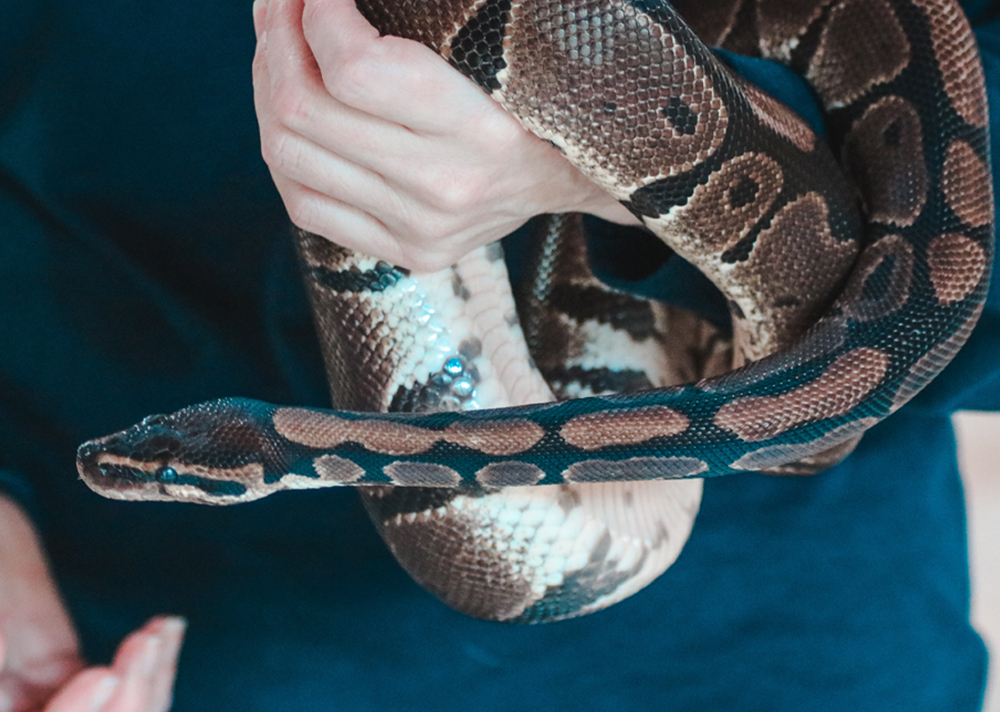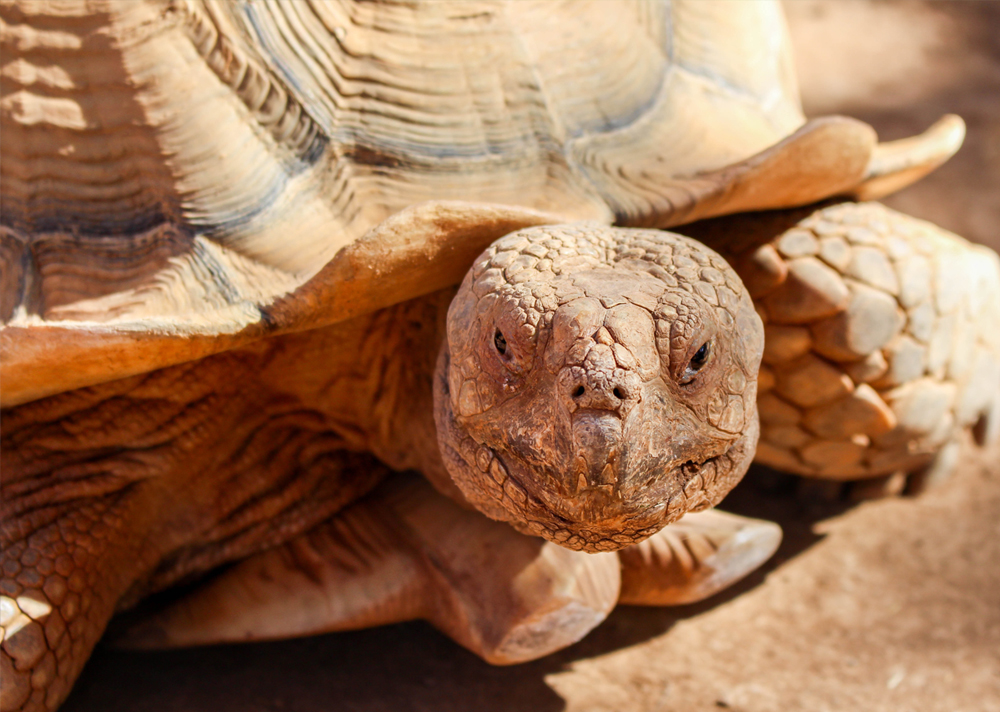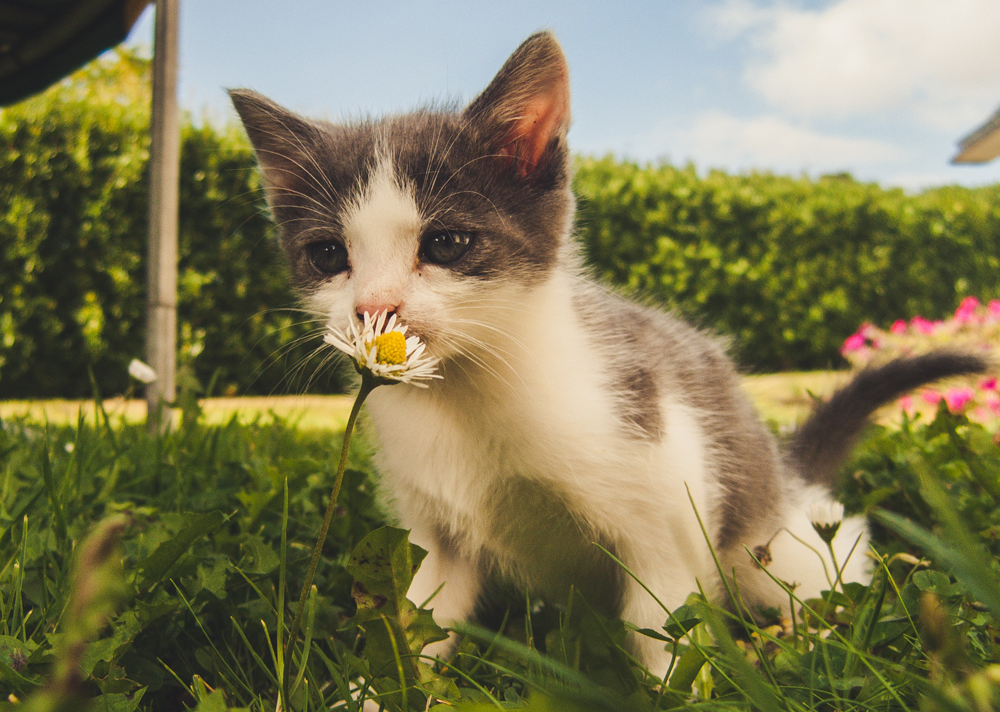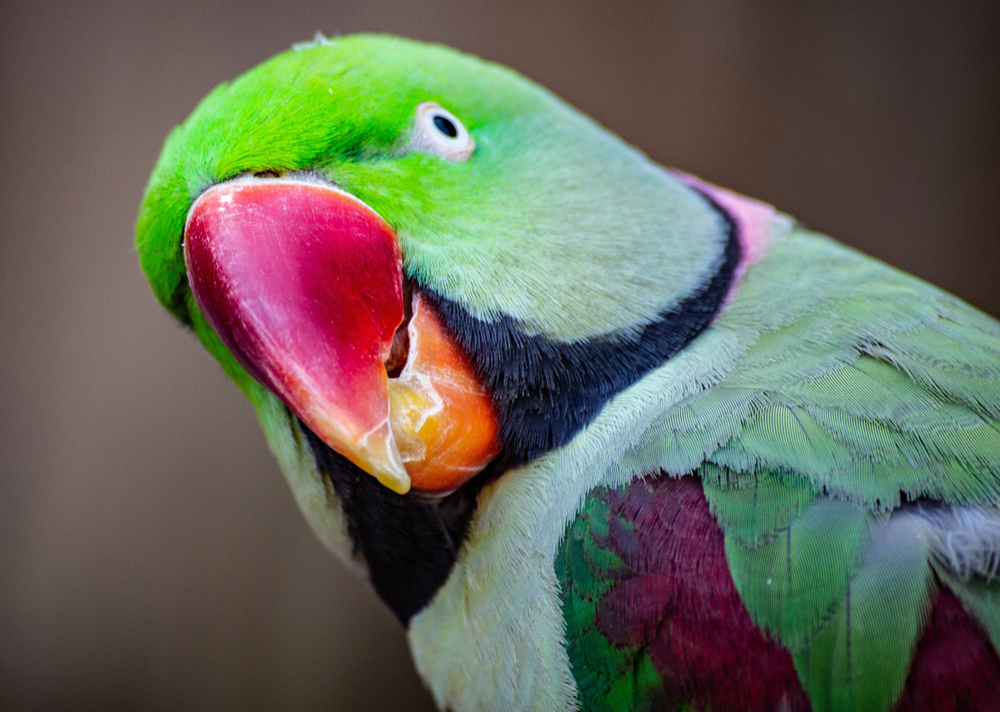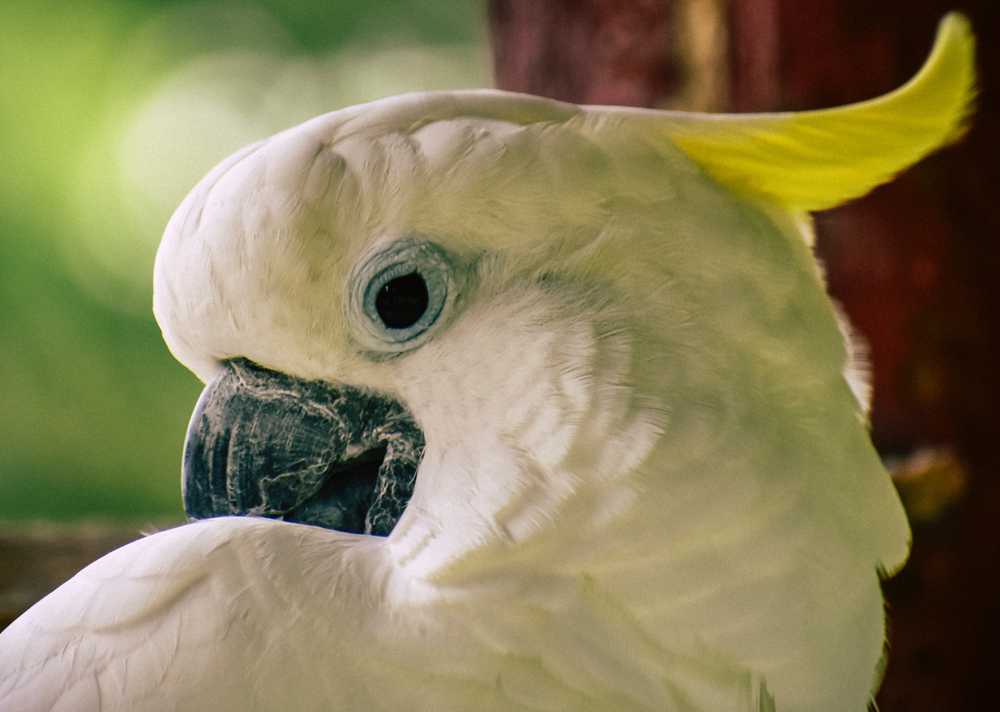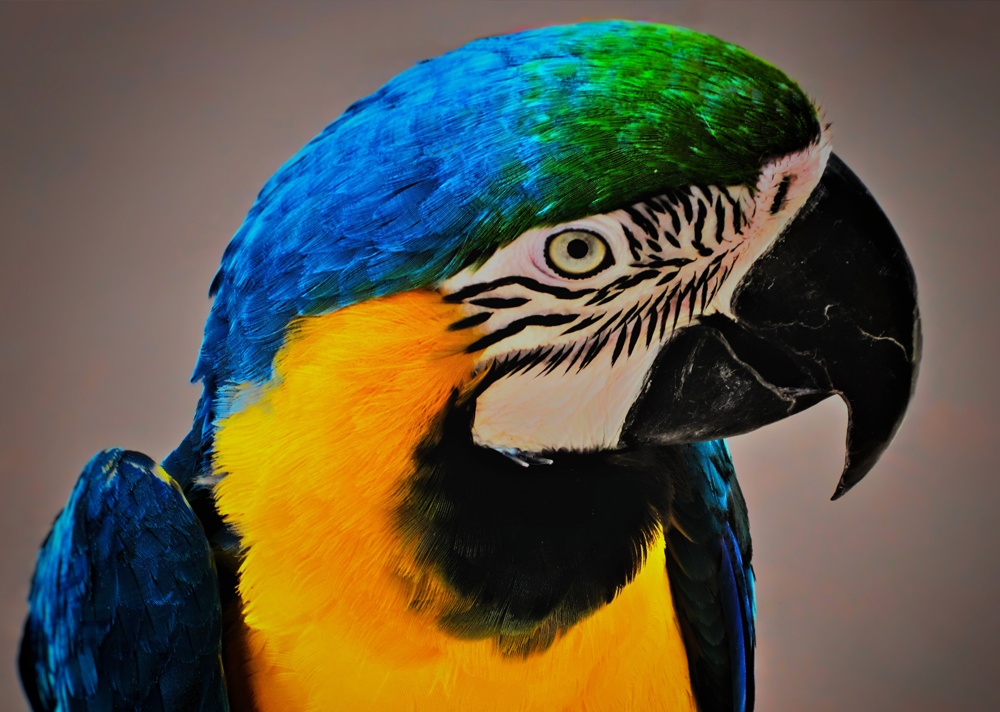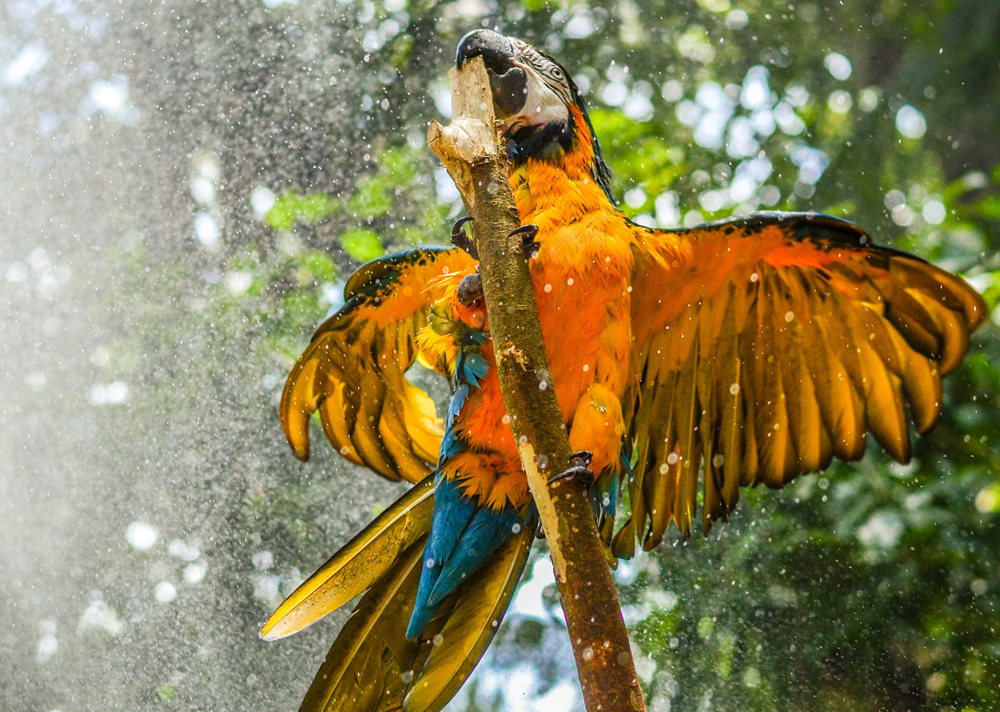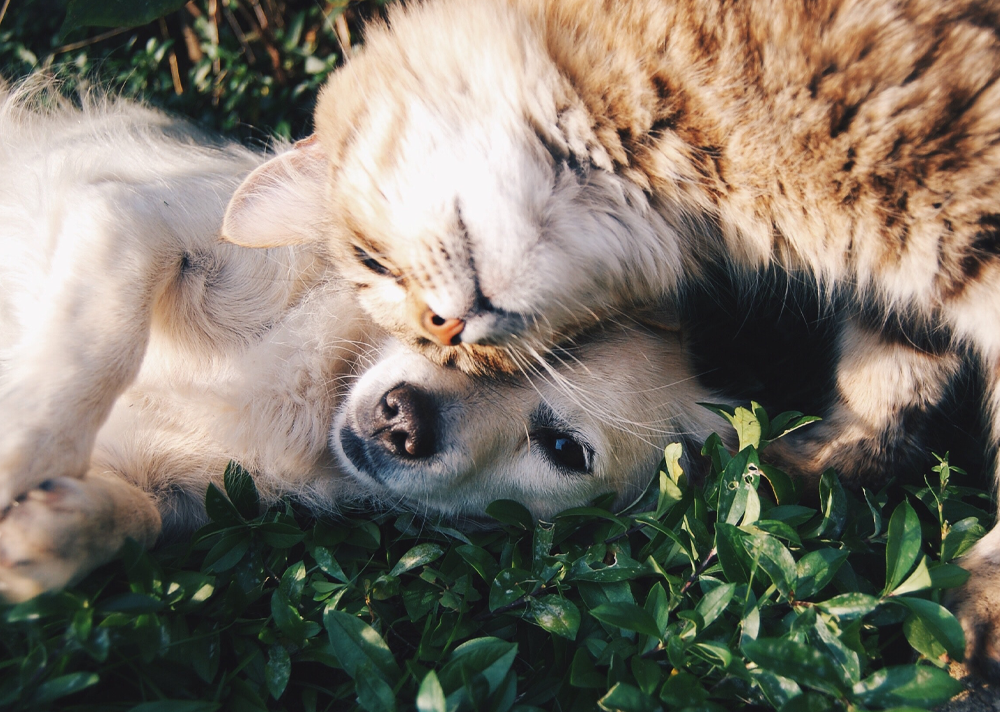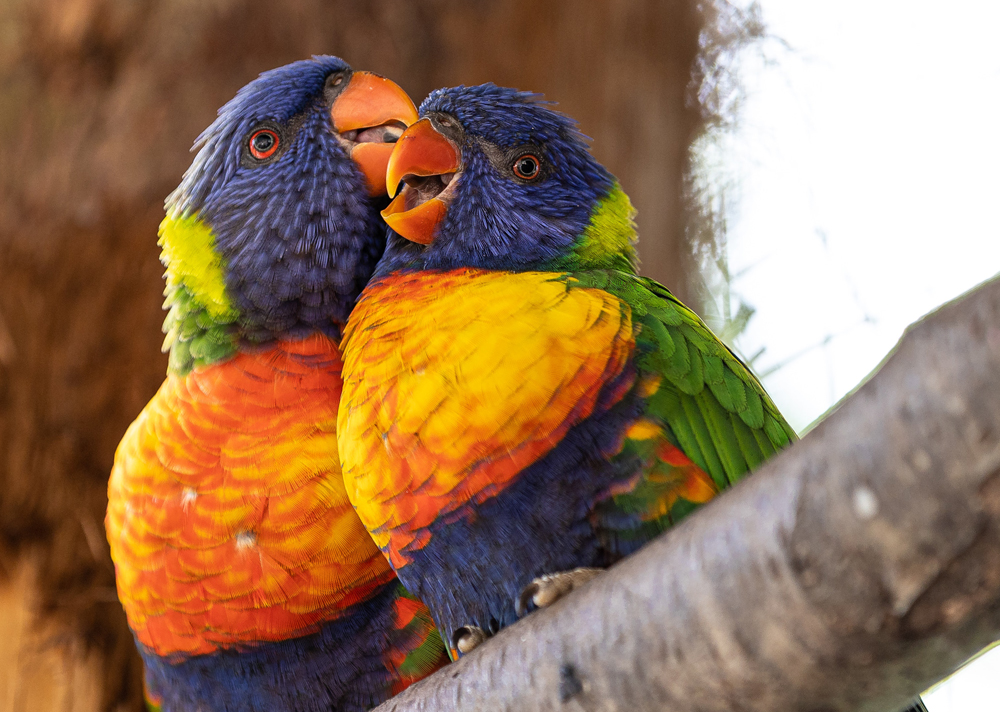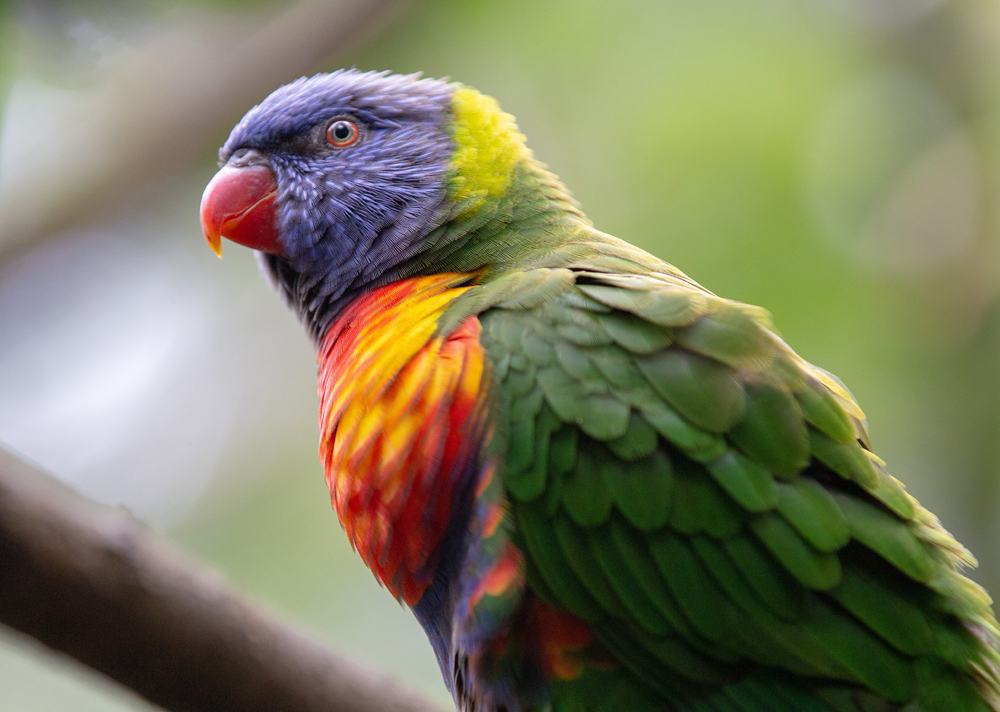You see them slither on the floor. You see them curl around tree branches and arms. You may even seem them stare back with an exotic confidence only reserve for nature’s most elusive creatures.
Now, imagine having this intricate animal as one of your new companions.
Snakes are more than just Indiana Jones’ biggest fear. They are reptiles that have often been misunderstood over the years among casual pet enthusiasts, but they do possess many traits that make them rival even man’s best friend. Such as…
1. Snakes Can Live for a Long Time
One of the most difficult parts about having a pet is the realization that one day they will leave this Earth. As a result, many people become hesitant about getting an animal companion. When you get a snake, those fears are assuaged, as they can live for many years. Corn snakes can live as long as ten years, while the ball python can last for up to three decades. This means that your snake can be more than just your pet, it can be part of your family.
2. Snakes are Low-Maintenance Pets
Much like cats, snakes are relatively independent in personality and therefore need little personal comfort while you take care of them. That is not to say that they are completely self-reliant since you will most likely be keeping them indoors, but they are low-maintenance in terms of housing and feeding. As long as you provide clean water, food, and a heated habitat with plenty of space to navigate in, they will be more than happy.
3. Snakes are Solitary Creatures
We all need our own space from time to time. Sometimes you just want to relax by yourself but your dog or cat may hop on your lap when you need to be alone. As mentioned earlier, snakes are independent in terms of their care, but this independence also carries over to their lifestyle. They prefer solitude, sometimes being shy when faced with new visitors. For those days when you want some “you time,” your snakes can have their own without recourse.
4. Snakes Groom Themselves
As much as we love our furry friends, cleaning up hair from the furniture or floor can be annoying and time-consuming. When you have a pet snake, you have one less thing to clean. Instead of fur, snakes have a scaly skin that undergoes shedding between two to four times a year where they leave their old skin behind as they grow a new layer. Clean-up becomes as easy as tossing the old skin in the trash.
5. Snakes Can Be Mesmerizing to Watch
Snakes have a smooth motion about them when they slither from place-to-place. Their slow pace during normal movement is a sight to behold, like watching a live piece of artwork. Having a snake can provide you with entertainment as you see it travel, wrap around its habitat, or even eat. For some people, it can be a soothing experience akin to watching rain roll down a window. While snakes should not be owned solely for personal gratification, they do give you something wonderful to witness.
If you’re ready to add a sleek, independent, and low-maintenance member to your family, consider getting a snake. With all due respect to the wonderful cats and dogs that roam the world, sometimes scales and tails beats fur and purrs.
Sources:
https://www.petmd.com/reptile/care/evr_rp_first_snake
https://www.petmd.com/reptile/care/evr_rp_snake_facts?page=2
https://www.wonderopolis.org/wonder/why-do-snakes-shed-their-skin
https://www.pets4homes.co.uk/pet-advice/why-snakes-make-great-pets.html


